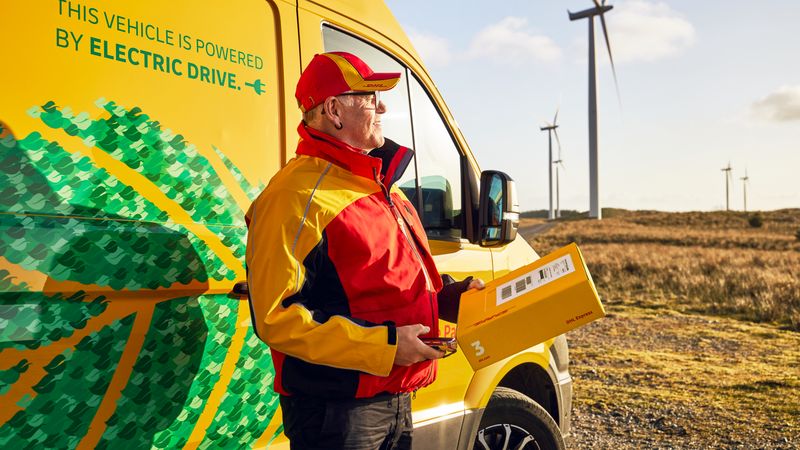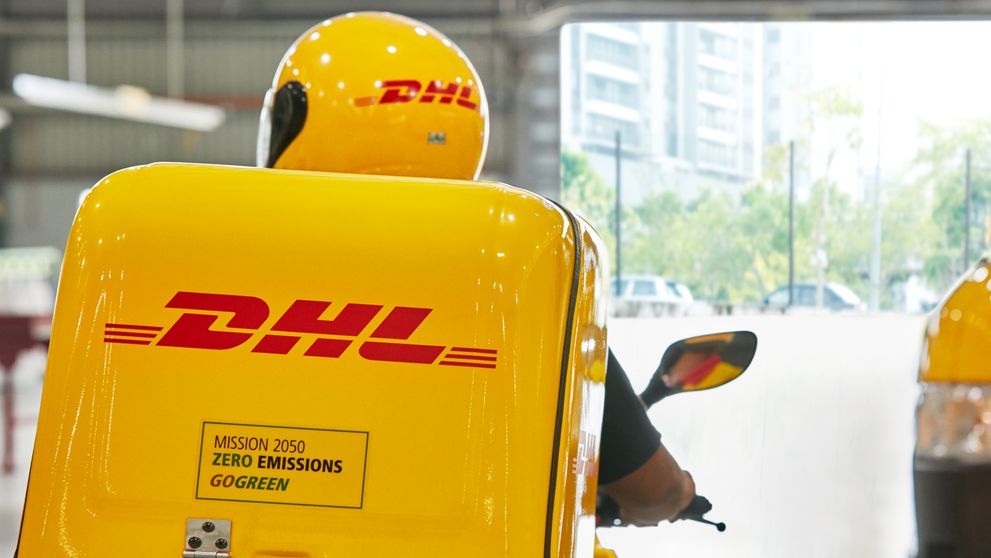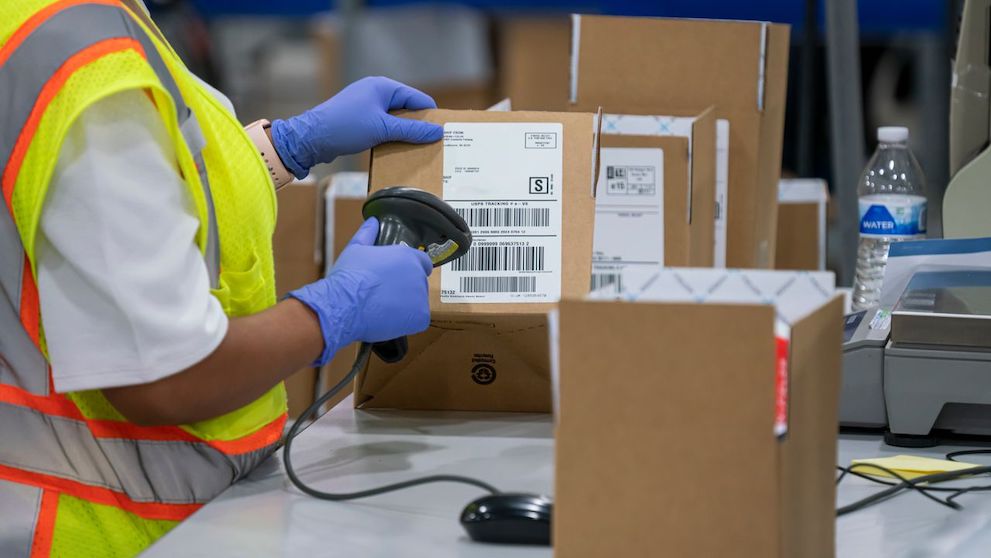As the world becomes increasingly aware of the effects of climate change, more and more businesses are taking steps to reduce their carbon footprint. This is especially true in Indonesia, where the government has set ambitious targets for reducing greenhouse gas emissions. But it's not just a matter of being environmentally friendly — carbon footprint can also have a big impact on a company's bottom line.
The business impacts of carbon footprints
One of the main ways that a company's carbon footprint can affect its business success is through its reputation. Consumers are becoming more conscious of the environmental impact of the products they buy, and they are more likely to choose companies that are trying to reduce their carbon emissions. This is particularly true in Indonesia, where a growing number of consumers are looking for products and services that are eco-friendly. International online research data and analytics technology group, YouGov, reports that 74% of Indonesian shoppers indicate a preference for brands that are sustainable.
In addition to brand reputation, a company's carbon footprint can also affect its bottom line through increased costs associated with regulatory compliance. For example, businesses that have high greenhouse gas emissions may be subject to significant carbon taxes and other penalties that affect financial performance. Additionally, a company may also need to invest in tokenised carbon credits to meet carbon cap regulations, which can be costly.
A company's carbon footprint can also impact its ability to access funding from investors or financial institutions in Indonesia and beyond. Many investors are becoming more interested in investing in businesses that are committed to reducing their energy consumption and carbon emissions. This means that companies in Indonesia with high carbon footprint may have a harder time securing funding, which can limit growth and expansion.
How businesses can reduce their carbon footprint when going green
As green consumerism in Indonesia ramps up, eco-friendly businesses that have a lower carbon footprint will have an advantage in local and global marketplaces alike. Here are some ways companies in Indonesia can reduce their carbon footprint in their endeavour to go green:
1. Reduce energy consumption
Businesses should start off by reducing energy consumption levels. This can be achieved by implementing energy-efficient practices such as turning off lights and equipment when not in use, and upgrading to energy-efficient appliances and equipment. Additionally, businesses in Indonesia can also invest in renewable energy sources such as solar or wind power to further reduce their carbon footprint.
2. Optimise transportation and logistics
Companies in Indonesia should also look to optimise their transportation and logistics operations. This can include implementing a more efficient internal delivery system, or working with international courier services such as DHL Express to achieve climate-neutral shipping and order fulfilment.
3. Implementing recycling and waste reduction programmes
Another way to go about it is to implement recycling and waste reduction programmes. This can include recycling paper, plastic, and other materials, as well as reducing the use of disposable packaging by having their customers return them where possible.
4. Invest in sustainable materials, processes, packaging and services
Businesses should also invest in sustainable products, processes, packaging and services. This can include using eco-friendly production and packaging materials, implementing sustainable manufacturing processes, and promoting environmentally friendly products and services to consumers.
E-commerce fashion brand, Shona Joy, for example, replaced their commonly used fibres with sustainable alternatives, and conducted a complete audit of their product packaging to transition into home compostable alternatives. Similarly, agriculture business in Indonesia, PT Sinar Mas Agro Resources and Technology Tbk, has implemented sustainable forestry practices, including the use of more efficient processing methods and the development of renewable energy sources.
5. Measure and monitor carbon footprint
Lastly, it is important for businesses in Indonesia to measure and monitor their carbon footprint while going green. This can help companies better track their progress and identify areas where they can further reduce carbon emissions. Conducting carbon audits and setting reduction targets are great ways to help ensure progress is achieved.
Overall, reducing carbon footprint is a continuous process, and companies in Indonesia can start by assessing current greenhouse gas emissions, setting achievable targets, and implementing a comprehensive strategy to achieve said goals and become a more eco-friendly business.















